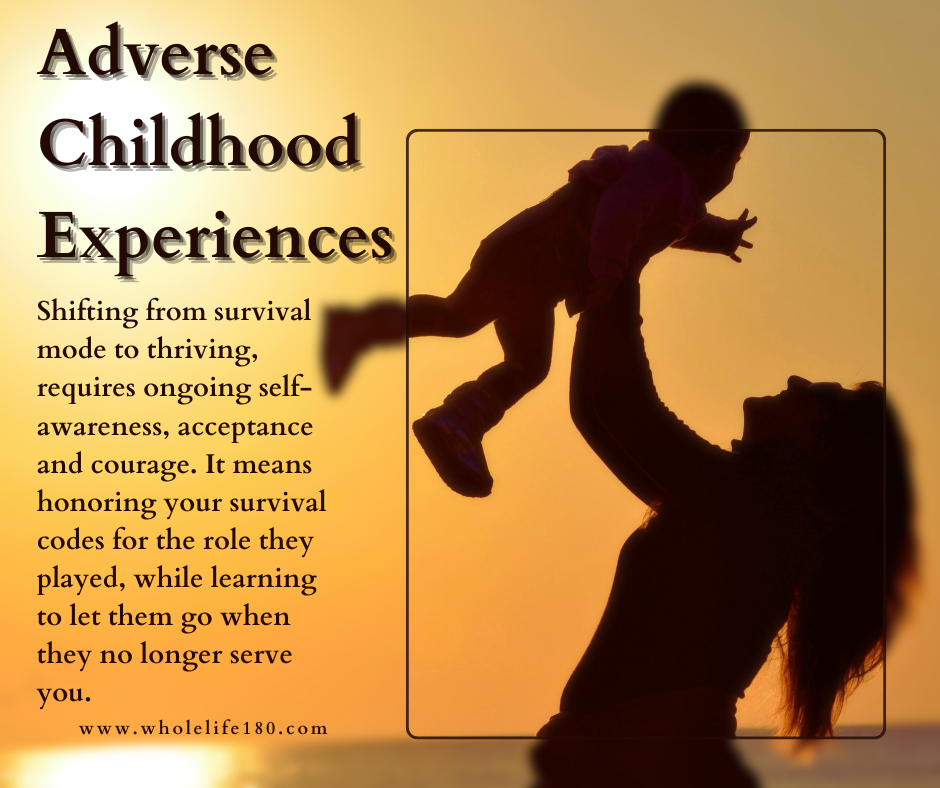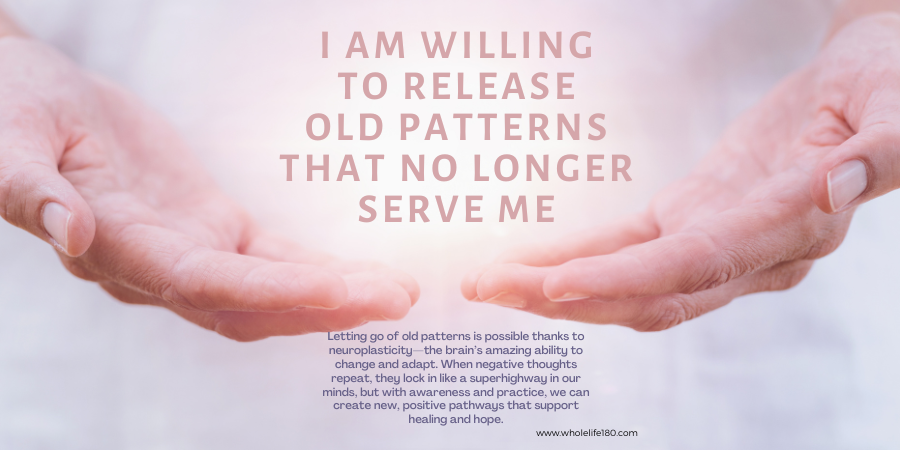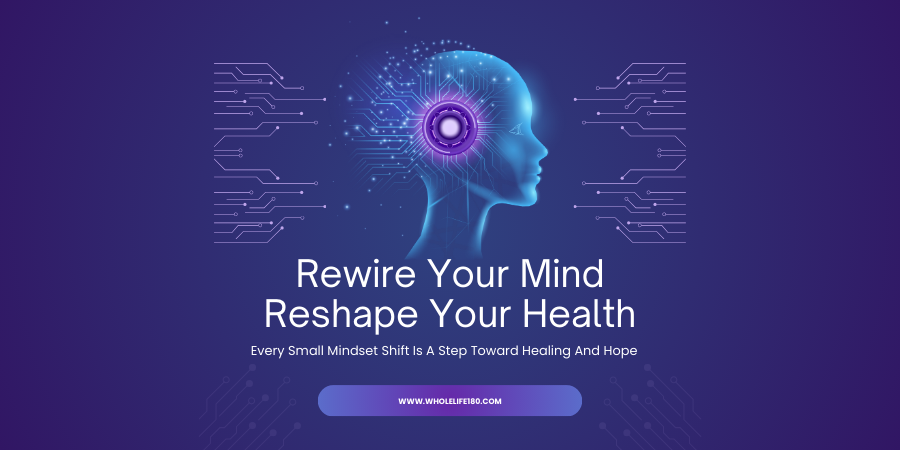Adverse Childhood Experiences: Survival Codes, Coping and the Path to a Balanced Life
Adverse Childhood Experiences: Survival Codes, Coping and the Path to a Balanced Life

Adverse Childhood Experiences: Survival Codes, Coping and the Path
to a Balanced Life
If you’ve found yourself stuck in cycles of anxiety, perfectionism, emotional numbness or
relentless self-criticism, you may have wondered: Why do I react this way? The answer, for
many of us, can be traced back to the blueprint of our earliest years, our Adverse Childhood
Experiences (ACEs). Understanding and identifying the survival coping mechanisms we
developed in response to these experiences isn’t just a journey of self-awareness. It’s the
foundation for healing, self-compassion and building a life that feels balanced and genuinely
joyful.
What are ACEs and Why Do They Matter?
Adverse Childhood Experiences are potentially traumatic events that occur before the age of
18. These can include physical, emotional or sexual abuse, neglect, witnessing violence or
growing up with family members who have mental health or substance use issues. ACE studies
and decades of research have shown a clear link between early adversity and a whole list of
adult challenges such as chronic health conditions, mental health struggles, difficulties in
relationships and low self-esteem.
The impact of ACEs is not only about what happened in early childhood, it’s about how we
learned to survive.
Survival Mode: Coping Mechanisms as Survival Codes
When safety is unpredictable, when love feels conditional, or when expressing emotions is
unsafe, kids adapt. These adaptations: hypervigilance, perfectionism, emotional numbness,
aren’t personality flaws. They’re survival codes. Strategies our younger selves developed to
navigate a world that didn’t always feel safe or loving.
Lets break down a few of these survival codes.
Hypervigilance: Always on Alert
If you grew up in a home where safety was unpredictable, you may have learned to scan every
room, every tone of voice, every facial expression for signs of danger. This state of constant
alertness served a purpose. It was your body and mind’s way of trying to stay one step ahead
of chaos or harm.
However, hypervigilance has a cost. As adults, it can mean living with chronic anxiety, trouble
relaxing, sleep issues and difficulties trusting others. Your nervous system remains stuck in
survival mode or “fight or flight” even when the original threat is diminished or gone.
Perfectionism: When Love Was Conditional
Did you only feel truly valued when you excelled, behaved perfectly or met impossible
standards? If love, approval or attention was only granted when you excelled, behaved
perfectly or met some set standard, it would be perfectly understandable to chase perfection.
The drive for perfection isn’t a character flaw. It’s a survival strategy. It was a way to earn the
acceptance and security every child needs and craves. As adults, perfectionism can become
exhausting, leading to burnout, chronic dissatisfaction and a harsh, relentless inner critic.
Emotional Numbness: When Feeling or Experiencing Emotions Wasn’t Safe
In some homes, showing emotion was dangerous or unsafe. Maybe showing emotions led to
ridicule, punishment or neglect. In these environments, kids learn to shut down their feelings
entirely. Emotional numbness or disassociation becomes a shield, protecting you from pain,
rejection or fear.
This “checking out” can persist into adulthood, showing up as a sense of emptiness,
disconnection or the inability to feel joy or sadness. It’s not laziness or coldness. It’s a
protective reflex, a circuit breaker that once kept you safe.
Your Patterns Aren’t Personality Flaws - They’re Survival Codes
It’s so easy to look at these patterns and feel shame, frustration or hopelessness. The truth is,
these patterns are not evidence of your brokenness. They are evidence of your resilience.
These patterns are the way you adapted to survive.
Understanding this distinction is the first step toward healing. You are not “too sensitive”, “too
anxious” or “emotionally unavailable” by nature. You are someone who survived and your
survival codes deserve patience and compassion.
Your survival codes were brilliant adaptations to a world that didn’t always meet your needs.
But you are no longer that child. Today, you have the power to understand, honor and gently
release the coping mechanisms that once kept you safe but now hold you back.
Recovery is not about erasing your past. It’s about integrating your story, reclaiming your
choices, and building a life where safety, love and emotional freedom are possible. The journey
is challenging but it is also profoundly hopeful. By understanding your survival codes, you open
the door to a happier, more balance life where you are free to thrive, not just survive.
▪ What survival codes do you recognize in yourself?
▪ How have they helped you in the past? How might they be holding you back now?
▪ What new coping skills are you ready to explore as you move toward a more balanced joyful
life?
You are not your trauma. You are the survivor, the healer and the author of your
next chapter!

